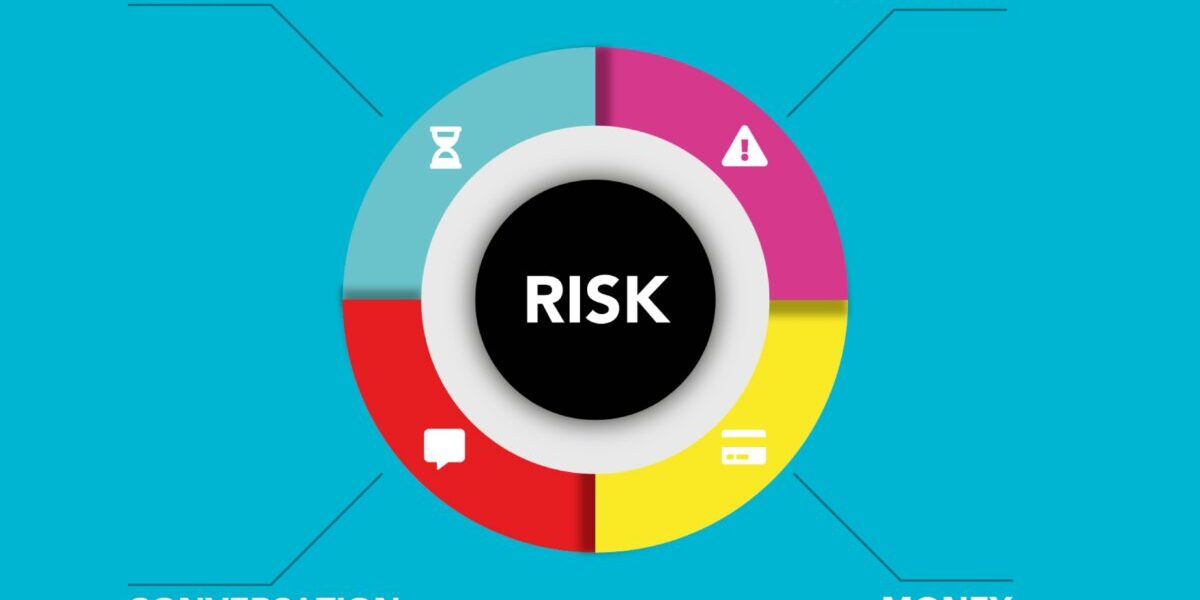In this podcast episode, Brad Wilson explores the benefits of working with a third party administrator (TPA) for public risk managers. He highlights how TPAs can assist with claim adjustment, claims-related services and OSHA recordkeeping, saving time and resources for risk managers. Brad also emphasizes the importance of leveraging a TPA's buying power to negotiate discounts on medical care and ancillary services, driving down costs. He suggests that a strong partnership between public entities and TPAs can help address the challenges of finding workers, especially with retirements starting for workers in their 50s.
*The views and opinions expressed in the Public Risk Management Association (PRIMA) blogs/podcasts are those of each respective author/speaker. The views and opinions do not necessarily reflect the official policy or position of PRIMA.*
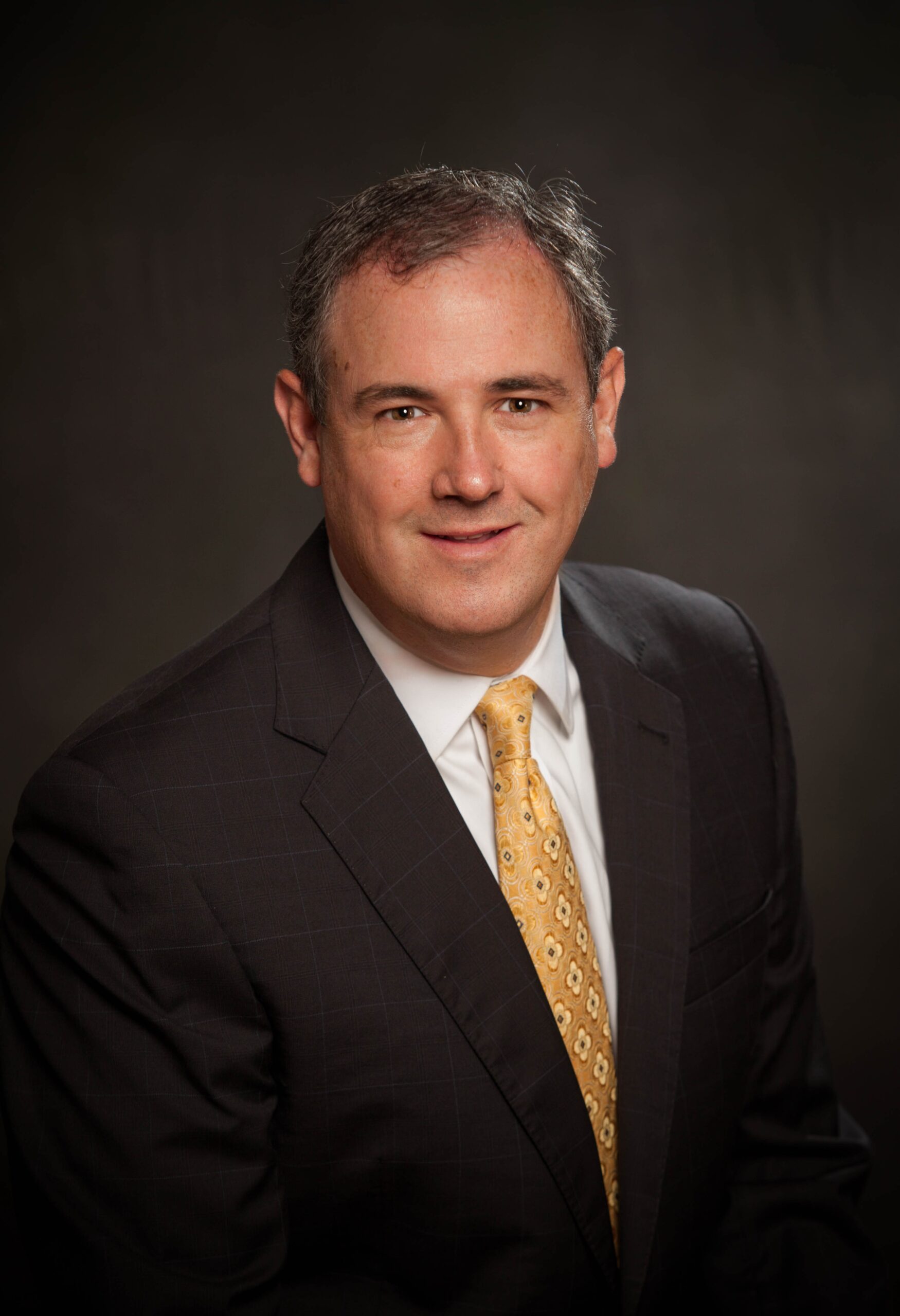
Brad Wilson
Assistant Vice President, Sales, PMA Management Corp.
Summary of Qualifications
Brad began his career in the risk and insurance industry over 25 years ago, specializing in workers’ compensation and auto & general liability claim administration. His background includes a successful career in claim management for national carriers and third party administrators (TPAs) as well as account management ands sales.
In that time, he has worked with public and private entities to create effective claim and risk management programs that drive down their total cost of risk.
Responsibilities
Brad is an assistant vice president of sales for PMA Management Corp. and is responsible for growing the brand throughout the Southeast, Midwest and Southwest regions. He and his team provide claim administration and risk control expertise to hundreds of organizations in the public and private sector.
They specialize in managing the unique risks and challenges faced by public entities across the United States.
Business Experience
Brad has 15+ years of claim adjusting experience and managing claim teams n the workers' compensation, auto and general liability fields. He is familiar with self-insured, risk-sharing and fully insured programs for organizations of every size. Brad also has 10 years of account management and business development experience for a national TPA.
Professional Affiliations
- Chartered Property Casualty Underwriter (CPCU,
- Associate in Risk Management (ARM)
- Associate in Claims (AIC)
- Active member of PRIMA, RIMS, and the Virginia Self-Insurers Association
Education
Brad earned a bachelor's degree in foreign affairs from the University of Virginia and has continued his education by earning the Chartered Property Casualty Underwriter (CPCU,) Associate in Risk Management (ARM) and Associate in Claims (AIC) designations.
In this episode, David Setzkorn discusses workforce absence in the public sector. David explains the challenges posed by the implementation of statutory paid and family medical leave benefits in different states, which affects public sector employees. He suggests that employers review the legislation, consider employee opt-in options and assess the cost of participating. David also discusses the upcoming challenges related to religious accommodations and paid family leave requests, advising organizations to proactively handle accommodation requests and consider enhancing group disability benefits to compete for talent.
*The views and opinions expressed in the Public Risk Management Association (PRIMA) blogs/podcasts are those of each respective author/speaker. The views and opinions do not necessarily reflect the official policy or position of PRIMA.*
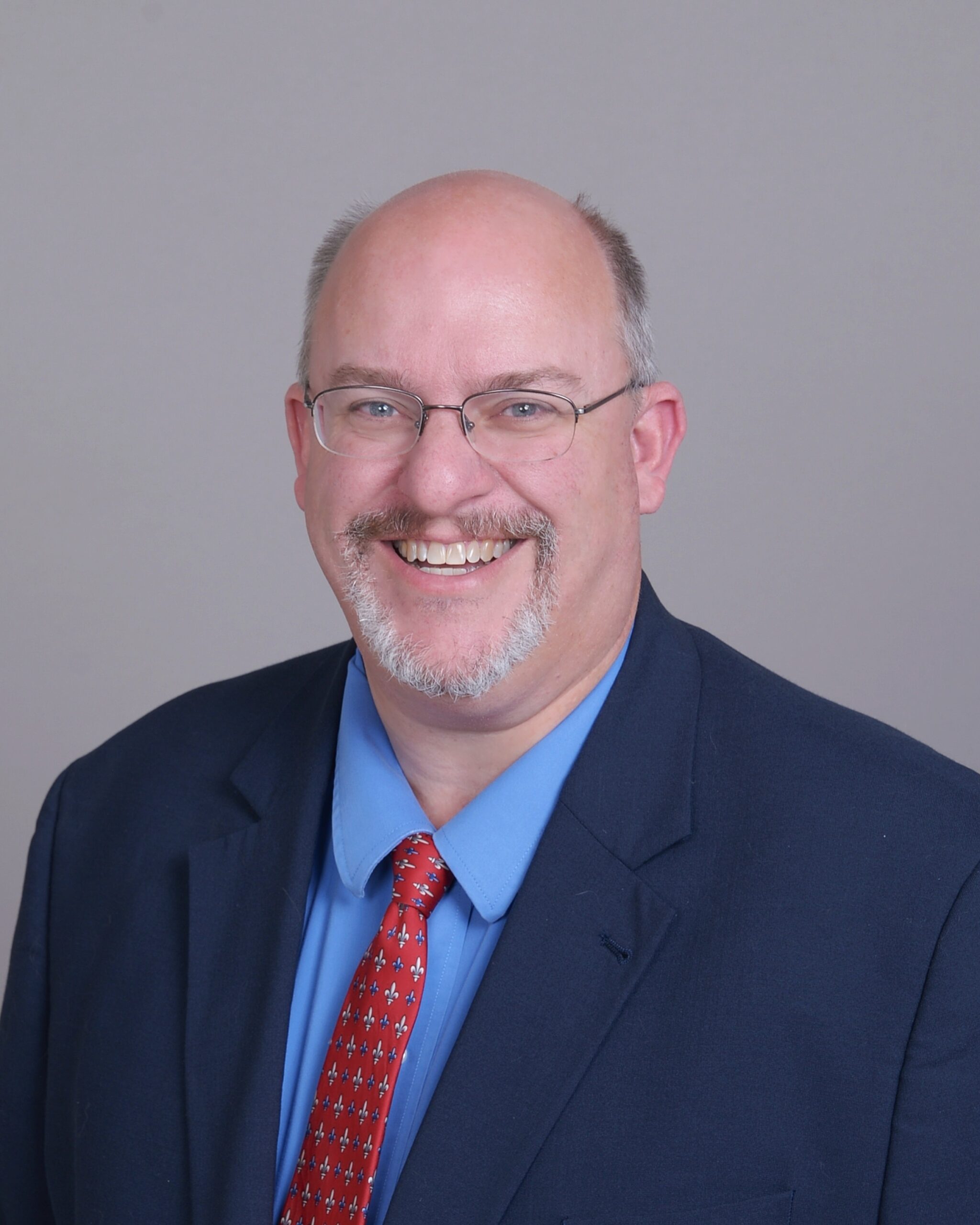
David Setzkorn
SVP & Workforce Absence & Disability Practice Leader, Sedgwick
Summary of Qualifications
David has over 14 years of experience working for both carriers and brokers as a subject matter expert on leave administration. His experience includes consultation and development of time away from work benefit programs for clients that range from program and policy development, training, benchmarking analysis and ongoing compliance management with state and federal regulations. He is a nationally recognized speaker working with organizations such as Disability Management Education Coalition (DMEC), Integrated Benefits Institute (IBI), Society of Human Resources Management (SHRM) and others to deliver trainings and content regarding FMLA, ADAAA, paid family medical leave, and state and municipal leave programs.
Responsibilities
David is responsible for providing thought leadership in the absence and disability space for Sedgwick as well as supporting both internal and external clients in order to provide best-in-class products and services. He also provides compliance and operational best practices to clients and internal partners.
Business Experience
Prior to joining Sedgwick, David worked for two of the largest insurance carriers, one public traded and one private employer, for over 10 years. He spent 3-1/2 years as the North American practice leader for the 5th largest broker in the world, focusing primarily on U.S. and Canadian clients. David also has 15+ years as a procurement officer working in the hospitality and gaming industries.
Education
David is a graduate of Arizona State University with a Bachelor of Science degree in purchasing and logistics management and an MBA with an emphasis in project management. He also holds a Chartered Property Casualty Underwriter (CPCU) designation along with multiple certifications in IT and operational management.
In this episode, Dr. Fernando Branco discusses the aging workforce and its impact on injury prevention and treatment. He explains why baby boomers are choosing to continue working and the factors contributing to their decision. Dr. Branco also highlights the differences in injury rates between older and younger workers, emphasizing the need for preventative measures. He further explores the effects of COVID-19 on the workforce and predicts future trends.
*The views and opinions expressed in the Public Risk Management Association (PRIMA) blogs/podcasts are those of each respective author/speaker. The views and opinions do not necessarily reflect the official policy or position of PRIMA.*
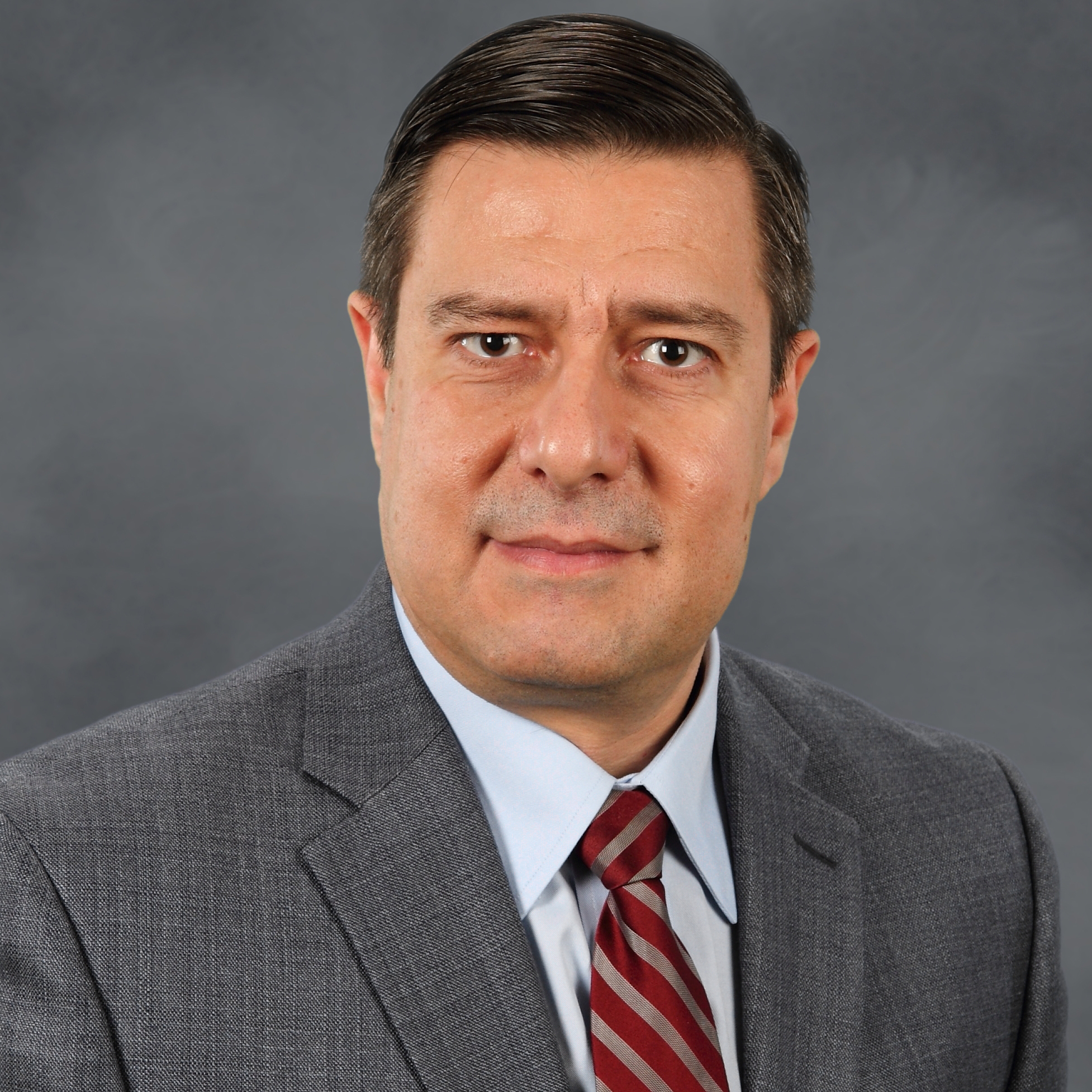
Fernando Branco, MD, FAAPM&R
AVP, Claims & Chief Medical Officer, Midwest Employers Casualty
Responsibilities
Fernando has presented in several conferences, podcasts, webinars and blogs in the insurance industry, mainly with regards to worker's compensation. He supervises the medical team at Midewest Employers and provides medical supervision for the claims department.
Fernando also provides consultant services to several other Berkley companies as a physician.
Business Experience
Fernando has 30 years of clinical experience as an MD, board-certified in physical medicine and rehabilitation, pain medicine and addiction medicine.
Insurance work for the last 7 years Worker's Compensation.
Education
- MD Universidade Federal do Rio Grande do Sul UFRGS
- Residency PM&R - ABBR Rio de Janeiro Brazil
- Masters in PM&R - Rio de Janeiro Brazil
- Residency PM&R - University of Kentucky
- PhD Exercise Physiology - ABD - University of Minnesota
- Board certification in PM&R, Pain Medicine and Addiction Medicine.
In this podcast episode, Daniel Lowndes explains the process of handling open records requests. He discusses the three steps they take when receiving a request, including searching for the record, determining exceptions to releasing the record and responding in writing. Daniel also talks about Wisconsin's balancing test, which weighs the public's interest in releasing the record against the need for confidentiality. He emphasizes the importance of protecting personal information and discusses how Dane County defends itself against litigation regarding open records.
*The views and opinions expressed in the Public Risk Management Association (PRIMA) blogs/podcasts are those of each respective author/speaker. The views and opinions do not necessarily reflect the official policy or position of PRIMA.*
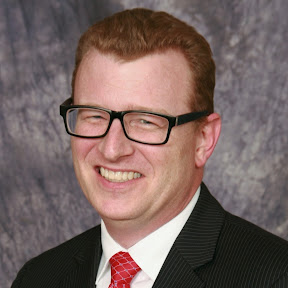
Daniel Lowndes
Risk Manager, Dane County (WI) Department of Administration
Dan graduated from Marquette with a degree in English literature and a minor in business administration. He immediately went to work for a company now known as Fortis, selling insurance and mutual funds in the suburbs of Chicago. He took that experience to Peterson Bank, a small family-run business just outside of Skokie, Illinois. There, Dan administered their employee benefits package, which was partially self-insured.
In 1992, Dan entered DePaul University School of Law to study health law. During his third year, he became the managing editor of the Journal of Health and Hospital Law, the then monthly publication for what is now the American Health Lawyers Association.
In 1993, Dan clerked in the Office of the Illinois Attorney General, Office of Welfare Litigation and became a special assistant attorney general upon admission to the Illinois Bar in 1995.
Dan then moved to Madison in 1996 to work in private practice, then as in-house counsel for a non-profit organization dedicated to keeping people with physical disabilities in their own homes and communities. Since 2008, he has been the risk manager for Dane County, overseeing the county's self-insured workers' compensation program as well as all other lines of coverage (general liability, property, professional liability, etc.).
In this podcast episode, William Kegg, a graduate student studying business analytics with a focus in insurance and risk management, shares his journey into the insurance and risk management industry. Initially uninterested, a mentor convinced him to give it a try, and he hasn't looked back since. He discusses the endless possibilities in the industry, whether it's on the risk management or insurance side. William also highlights the value of personal connections, especially after the isolation caused by the pandemic, and describes the PRIMA annual conference as a wonderful opportunity to meet new people and explore potential career opportunities.
*The views and opinions expressed in the Public Risk Management Association (PRIMA) blogs/podcasts are those of each respective author/speaker. The views and opinions do not necessarily reflect the official policy or position of PRIMA.*
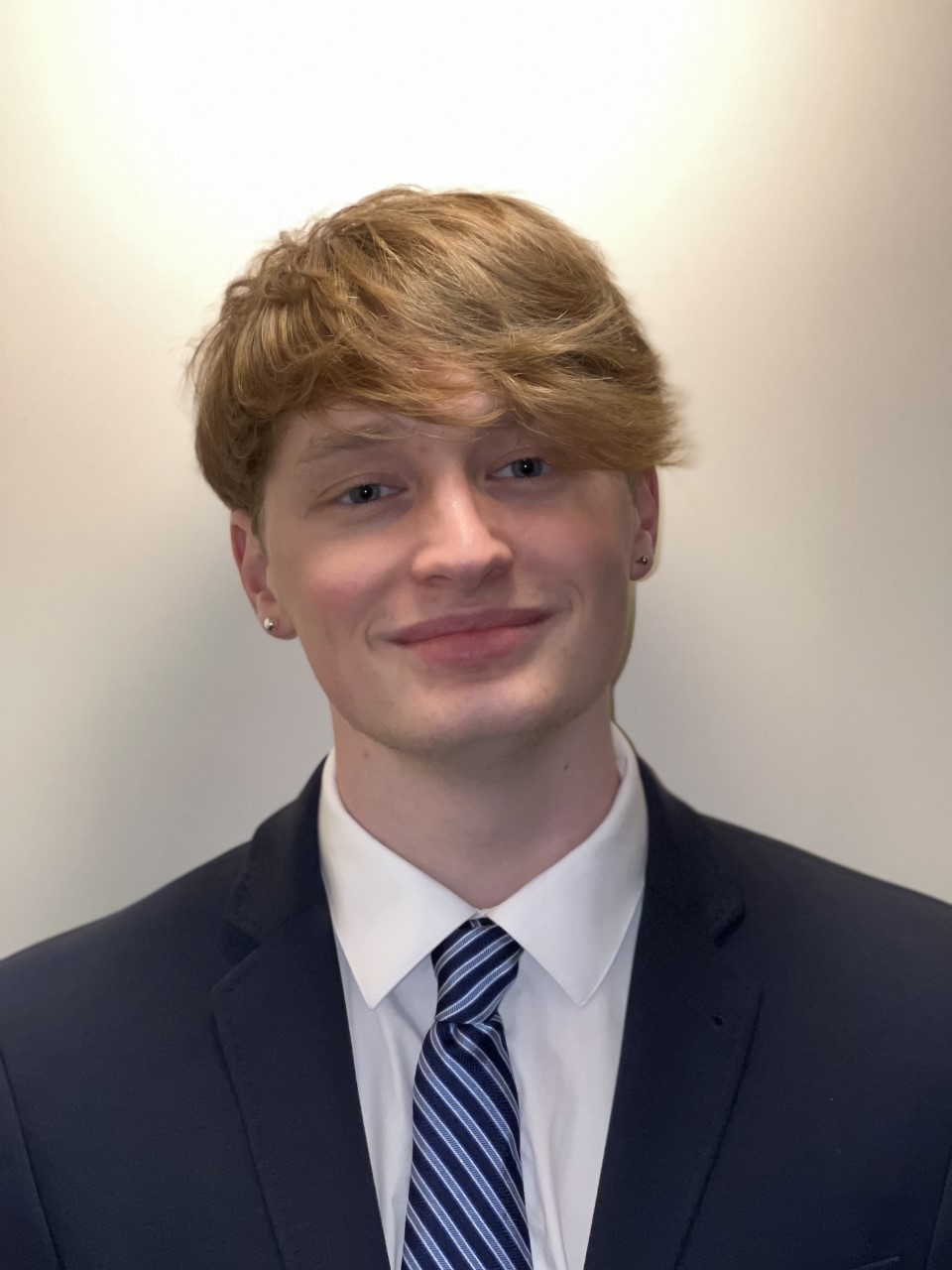
William Kegg
Business Analytics (Focus in Insurance and Risk Management) Major, University of Cincinnati
William is in his fourth year at the University of Cincinnati and is double majoring in business analytics and insurance/risk management. Next year, he will be receiving his master’s degree full-time in business analytics at the University of Cincinnati. After graduation, he will be pursuing a career in risk management. At UC, William is the president of Gamma Iota Sigma (the business fraternity for the insurance industry), an analytics intern and lead tutor for Bearcat Buddies, and a member of a few other different organizations. He is the recipient of the 2022 Carl H. Lindner Outstanding Junior Scholarship, the 2023 Outstanding Undergraduate Student in Insurance & Risk Management Award, the Warren L. Weeks Award, the PACEsetter Distinction and the Spencer Undergraduate (Elizabeth Lisle) Award
Vincent O'Connell, a PRIMA student scholar and undergraduate student studying risk management and insurance at Saint John's University, shares his experience at PRIMA's 2023 Annual Conference. Vincent applied for the scholarship to explore new opportunities in the industry and broaden his understanding of different aspects, such as public versus private insurance. He realized the abundance of opportunities in the insurance industry, particularly in public risk management, and the importance of networking with industry professionals. Vincent also found it rewarding to connect with other student scholars from different schools who shared his interests and aspirations in the industry.
*The views and opinions expressed in the Public Risk Management Association (PRIMA) blogs/podcasts are those of each respective author/speaker. The views and opinions do not necessarily reflect the official policy or position of PRIMA.*

Vincent O'Connell
Risk Management and Insurance Major, St. John's University
Vincent is a junior majoring in risk management and Insurance at St. John’s University in New York. Currently, he interns at Healthcare Risk Advisors as an insurance data coordinator and was the treasurer of the Alpha Iota Chapter of Gamma Iota Sigma for the past year. He is also a member of numerous risk management and insurance organizations such as RIMS and the CPCU Society. Recently, Vincent applied for and was accepted into the St. John’s Fast Track Graduate Program to pursue an MBA with a concentration in enterprise risk management. This upcoming summer, he is set to join Segal Select’s Summer Internship program to explore the broker side of the business.
Andrew Buschman, a risk management student at Florida State University, attended PRIMA's 2023 Annual Conference. He initially struggled to choose between public administration and finance as his major, but after speaking with his father and doing research, he decided to pursue risk management. At the conference, Andrew was impressed by the willingness of industry professionals to offer guidance and share their experiences. He enjoyed networking with professionals and fellow student scholars, learning from their stories and experiences. The conference opened his eyes to the potential and opportunities in public risk management, and he received valuable guidance from mentors throughout the event.
*The views and opinions expressed in the Public Risk Management Association (PRIMA) blogs/podcasts are those of each respective author/speaker. The views and opinions do not necessarily reflect the official policy or position of PRIMA.*

Andrew Buschman
Risk Management and Insurance Major, Florida State University
Andrew is a junior at Florida State University, working towards a bachelor's degree in risk management insurance. With a leadership background as a swim instructor and supervising lifeguard, Andrew’s experiences have helped him establish drive and dedication for his work. Andrew has a passion for sports, even playing baseball throughout high school. Through sports, Andrew has developed a competitive personality that has aided him in pursing his goals. He also enjoys traveling, granting him many experiences that he still carries with him to this day, which he attributes to his parents for being able to provide those opportunities.
Chelsea Johnson, a graduate student studying public administration at Texas State University, discusses her experience at PRIMA's 2023 Annual Conference. She highlights the networking component as the most enjoyable part of the conference, emphasizing the value of connecting with others and visiting the booths. Chelsea plans to apply the networking connections she made and the insights from the keynote speakers, particularly regarding diversity and inclusion, to her current work and future endeavors. She also mentions the importance of changing job descriptions to promote mentorship opportunities and diversity at all levels within organizations. The conference enhanced her knowledge of risk management across industries and entities.
*The views and opinions expressed in the Public Risk Management Association (PRIMA) blogs/podcasts are those of each respective author/speaker. The views and opinions do not necessarily reflect the official policy or position of PRIMA.*

Chelsea Johnson
Public Administration Major, Texas State University
Chelsea is a student-athlete at Texas State University, where she plays for the women’s basketball program. During the 2022-2023 season, Johnson assisted her Bobcat team to a Sun Belt Conference regular season championship. Not only is Johnson involved in the athletic realm of the university, but she has also been a part of several organizations on campus such as the Fellowship of Christian Athletes, the Student-Athlete Advisory Council and the Dr. Johnny E. Brown Committee on Racial Equality (CORE). Johnson currently serves as the president of CORE, but she previously served as the student co-chair on the Voter Registration Subcommittee within the organization. Also, Chelsea served as the student-athlete representative on a university-sponsored post-election student panel after the U.S. Presidential Election. She intends on graduating with her master's degree in public administration in December of 2023. Overall, Chelsea has proven to be a stellar student and a passionate learner. In her free time, she enjoys spending time with her family, reading and preparing for her future.
In this podcast, Mark Pew discusses next-generation recruiting and workers' compensation. Mark highlights the challenges of recruiting talent in the workers' comp and insurance industry while highlighting the need to re-brand the industry as dynamic and noble. He also addresses generational differences in the workplace, encouraging organizations to embrace diversity of thought and experience. Mark explains the roles of mentoring, sponsoring and coaching with regards to helping individuals reach their full potential. He also emphasizes the importance of self-motivation and investing in personal development. Lastly, Mark discusses the importance of training and professional development for employees, despite budget constraints.
*The views and opinions expressed in the Public Risk Management Association (PRIMA) blogs/podcasts are those of each respective author/speaker. The views and opinions do not necessarily reflect the official policy or position of PRIMA.*
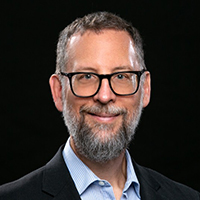
Mark Pew
Provost and Founding Partner, WorkCompCollege.com
Summary of Qualifications
Mark is an award-winning international speaker, author and jurisdictional advisor in workers’ compensation. The RxProfessor has focused on the intersection of chronic pain and appropriate treatment since 2003. Mark created “Qualified Medical Intervention” that won a 2012 Business Insurance Innovation Award. He received WorkCompCentral’s Magna Comp Laude award in 2016, IAIABC’s Samuel Gompers Award in 2017, “Top 100 Healthcare Leader” by IFAH in 2021 and the Health 2.0 Outstanding Leadership award in 2022. He is co-founder of The Transitions and is on the advisory boards of Harvard MedTech, Simple Therapy and Goldfinch Health.
Responsibilities
Mark is responsible for managing the ans and faculty and overseeing all curriculum and product development as provost. Given his role of long-time educator within the workers' compensation industry (over 670 presentations since 2012 to more than 65,000 people, hundreds of blogs and published articles, discussing important subjects before they become mainstream), this is the perfect application of his skills and passion. As one of the three founding partners of WorkCompCollege.com, he is also responsible for business management and strategy and is very active in sales and marketing activities.
Business Experience
Mark co-founded WorkCompCollege.com in 2022. He was senior VP of marketing & product development for Preferred Medical, a work comp PBM, from 2017 thru 2021. He led product development, sales and marketing at PRIUM, a work comp utilization management company, from 2000 thru 2017. He was a software developer, project manager , business analyst and department manager with Equifax / ChoicePoint from 1980 thru 2000.
In this episode, of PRIMA's 2023 podcast series, Frank Russo explains the importance of clean prep for risk managers or policyholders following a large catastrophic property loss. Clean prep involves providing the insured or policyholder with experts who can help quantify, prepare and present the overall loss, damages, delays, and other excess costs related to the disaster.
Frank emphasizes the importance of providing a rough estimate of the loss to the insurance adjuster as early as possible. He also suggests building a team of claim prep and FEMA experts before a loss happens to expedite the recovery process. Frank advises risk managers to approach insurance and FEMA claims as a cash flow process and strive to reach an undisputed amount as quickly as possible. He recommends being prepared for unexpected curveballs, no matter how well-situated the risk management program is.
*The views and opinions expressed in the Public Risk Management Association (PRIMA) blogs/podcasts are those of each respective author/speaker. The views and opinions do not necessarily reflect the official policy or position of PRIMA.*
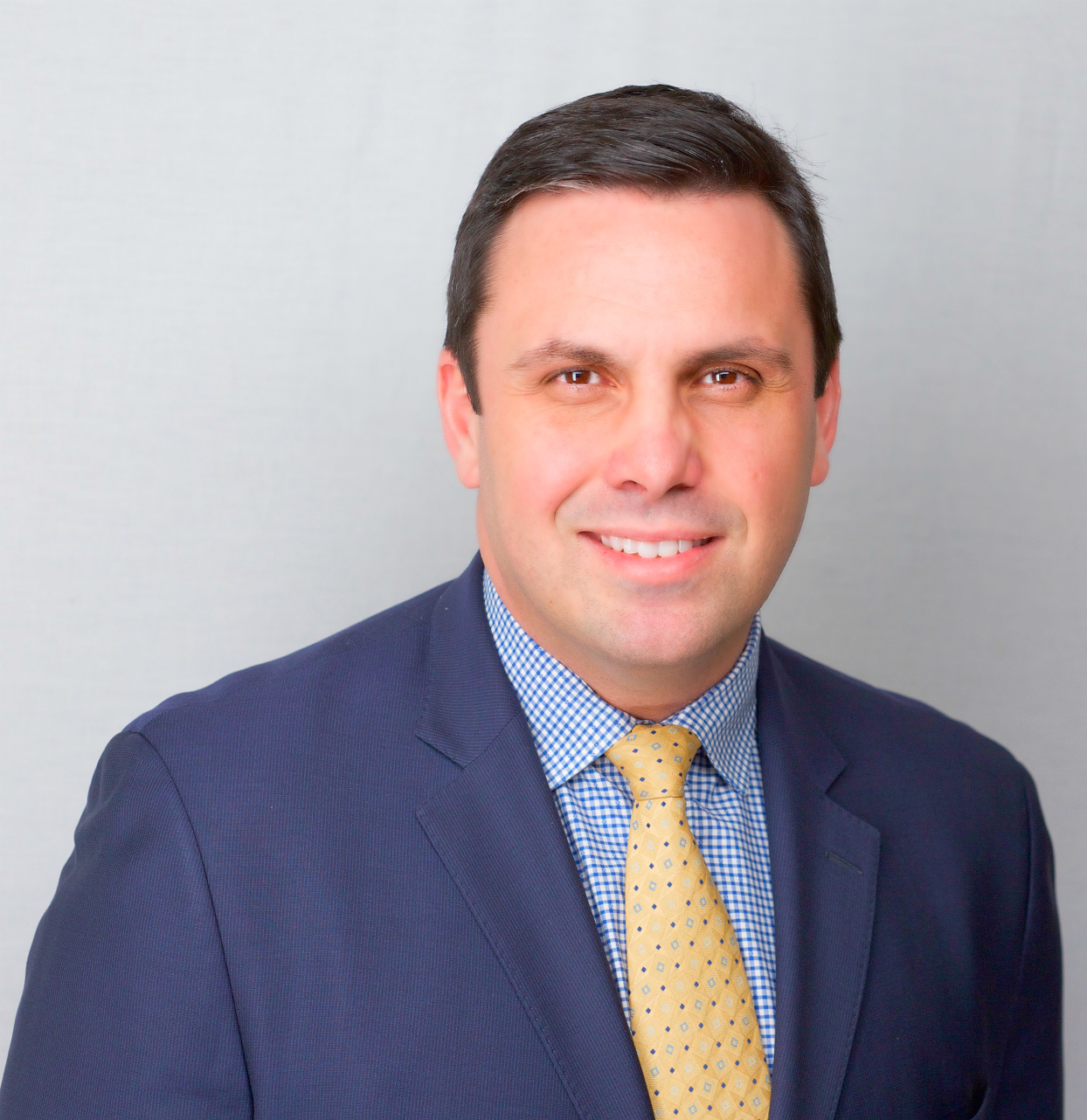
Frank Russo
Managing Director, Imperium Consulting Group
Summary of Qualifications
Frank is a founder of Procor Solutions and Consulting, a leading specialty consulting firm offering expertise in the areas of insurance risk management, disaster planning, claim preparation, construction claims, insurance appraisals and dispute resolutions.
Frank is a recognized global thought leader on the topic of business resiliency having spoken and written many times throughout his career about business risk preparation and recovery strategies from major income-impacting disasters, losses or disputes.
Business Experience
Over his career, Frank has helped collect over $10 billion in loss recovery for his clients. He has actively guided clients through all the major large-scale disasters over the last twenty years including the terrorist acts of 9/11/01, 2017 Hurricane Season, Hurricane Katrina, the Gulf Oil Disaster and the Japan Earthquake/Tsunami to name a few. He also is involved in major construction and development projects when there is a need to professionally quantify, support and present incremental costs and schedule delays.
Professional Affiliations
Frank has his Construction Risk Insurance Specialist (CRIS) designation from the International Risk Management Institute, an Associate in Risk Management designation from the Insurance Institute of America and is a verified Cyber Insurance Risk Manager (CyRM).
Frank was recently honored as a recipient of the “Innovator in Finance” Award from FiNext acknowledging the efforts of FinTech thought leaders and torchbearers of the industry.
Education
Frank is an alumnus of Rutgers University and holds an Executive MBA from the Lubin School of Business at Pace University.
